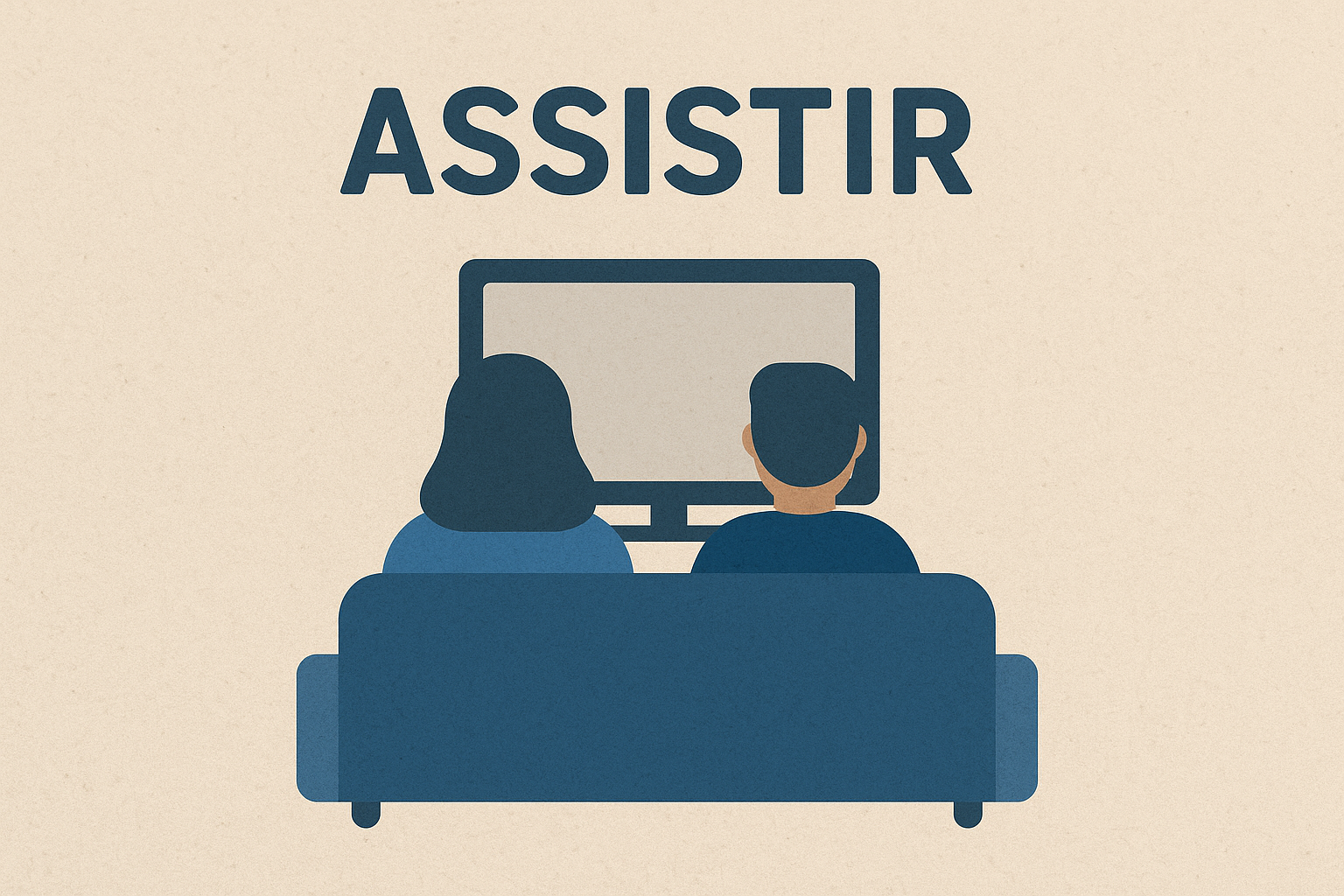
Common Pitfalls
Assistir: It Doesn’t Always Mean to Help
The Portuguese verb assistir is one of those words that looks familiar but can easily lead you astray.
If you assume it means “to assist”, as in “to help”, you're in for a surprise.
What 'Assistir' Really Means
In European Portuguese, assistir most commonly means “to watch” or “to attend”:
- Assistir a um filme = to watch a film
- Assistir à aula = to attend the class
Yes, there is a “help” meaning but it’s formal, dated, and rare in everyday use.
There are other meanings of assister as well, check out the whole list.
Common Mistake Example
If you say:
- ❌ Eu assisti o meu amigo.
...it sounds like you watched your friend, not helped them.
To say “I helped my friend”, you'd use ajudar:
- ✅ Eu ajudei o meu amigo.
Why This Is a False Friend
It looks like the English “assist”, and even shares Latin roots, but it’s taken a different path in modern usage.
These kinds of words that look the same but behave differently are classic false friends.
Final Thought
Always double-check verbs that seem familiar.
“Assistir” is a word that trips up even intermediate learners, but now that you know its real meaning, you can use it confidently.
Stay tuned for more of these common traps and how to avoid them!